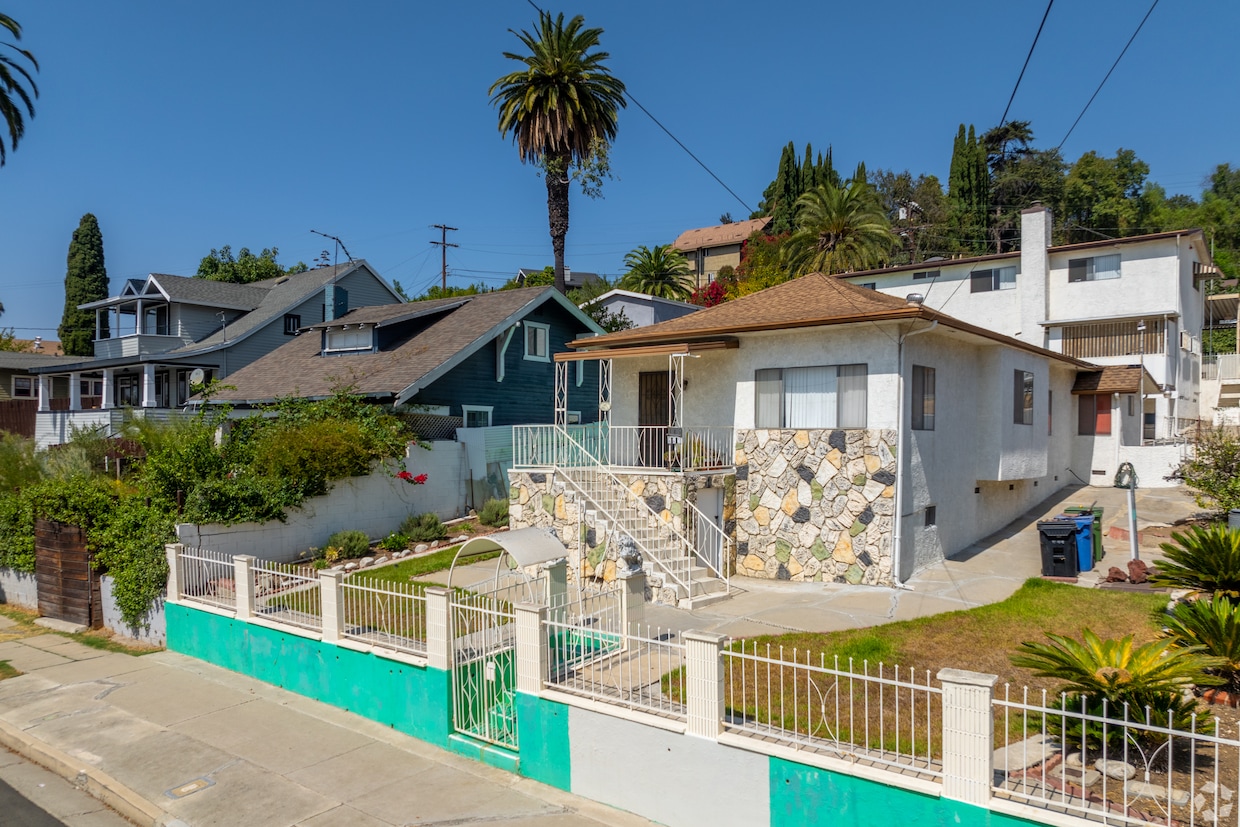Older Americans may be leaving money on the table when they sell their homes.
A new study from the Federal Reserve Bank of Philadelphia finds that homeowners over the age of 70 earn significantly lower returns compared to younger sellers often because of fewer renovations, poor upkeep and increased reliance on pocket listings that limit competition.
A pocket listing is when an agent markets a home privately rather than through the Multiple Listing Service. Instead of reaching thousands of agents and buyers through the listing service, where competitive bidding can drive up prices, these homes are shown to a select group of buyers, sometimes to investors already working with the listing agent.
"Older sellers receive lower returns than younger sellers, even after accounting for buy time, sell time and market," Federal Reserve researchers wrote. "The magnitude of the impact of age, which begins to emerge around 70 years old, is, quantitatively, far larger than other demographic effects such as gender and race, which have been identified as being associated with housing returns."
Many older home sellers “got 30-plus years in the same house, and they have not followed the real estate market. They really don't know how much their home has appreciated in the past couple of decades,” Nikki Buckelew, chief executive officer of Seniors Real Estate Institute, a company specializing in the real estate market for seniors, told Homes.com in an interview.
Data from Freddie Mac shows that baby boomers, who now make up 38% of homeowners and are all over age 60, jointly hold $17.3 trillion in housing wealth, accounting for half of the nation’s home equity.
Buckelew explained that some agents, instead of marketing the home widely, contact a preferred investor to make a quick offer. The agent handles both sides of the sale for a fast, easy transaction, sometimes with no inspections, but this shortcut means the homeowner loses out on potential equity, as the agent prioritizes convenience over the seller’s best interests.
This practice, known as “dual agency,” where one agent represents both the buyer and seller, is more common with older sellers and is associated with lower returns. The study found that age-related cognitive decline makes elderly sellers more vulnerable to these incentive misalignments.
"Older sellers are also more likely to sell to investors than younger sellers, and like the result for pocket listings, they also receive especially low returns in these transactions," researchers wrote.
For example, an 80-year-old seller earns 0.5% less per year than a 45-year-old. Over the average holding period of 11 years, that adds up to a more than 5% lower sale price.
"The age effects are pervasive across the country. We see a deviation from the general pattern in just three small states: Hawaii, Indiana and Maine," the researchers wrote.
Yet, according to the Federal Reserve study, some real estate agents may prioritize generating high sales volume and fees over maximizing sale prices, which can be a disadvantage for older sellers.
Buckelew points out that these financial gaps can be exploited in practice: “I’ve seen an influx of investors take advantage of older adults over the last decade or so by telling them that they will give them fair market value for their home [and] offer them a ridiculously discounted price."
Sometimes they “offer them incentives to sell it to them for that [discounted] price — things like, ‘We’ll help pay for your move,’ or ‘We’ll take care of all the personal possessions in the house after you move,’” Buckelew added.
Fewer repairs lead to lower returns
“Homes sold by older people are less likely to have major renovations or updates like a new kitchen, bathrooms or essential systems. These homes are likely to show signs of deferred maintenance or need substantial repairs. This lack of updates explains about 25% of the age gap in housing returns,” researchers wrote.
In other words, part of the reason older sellers get less is because their homes are unlikely to be move-in ready.
“It’s not that they don’t have the capability of remodeling or doing renovations. It’s just that it’s exhausting … at the stage of life they’re in," Buckelew said.
"Sometimes 80 and older [folks] — they don’t want to do that and so they sell the home as is. And a home sold as is in today’s market is not going to bring as much as a house that has been totally renovated," Buckelew added.
Reforms for aging demographic
The study looked at policy reforms and found that in Illinois, the Multiple Listing Service required more transparency for private listings, which was implemented by the Midwest Real Estate Data. After this policy was put into place, the financial gap for older sellers was cut roughly by half: Before the policy, older sellers earned 0.8% less than middle-aged sellers, but after the policy, that gap shrank to about 0.4%.
Building off these findings, Buckelew outlines four best practices for older home sellers to maximize their returns and protect their interests:
- List your home on the Multiple Listing Service: Publicly listing your home on the service exposes it to thousands of agents and buyers, increasing your chances for fair bidding and the likelihood of getting the best price.
- Get multiple opinions on value: Consult at least three real estate professionals for price opinions before settling on a listing price or accepting an offer.
- Work with an agent experienced in senior transitions: Choose a real estate agent who understands the unique needs and challenges of older sellers, including downsizing, estate planning and navigating complex moves.
- Have an advocate or trusted adviser involved: Get a family member, friend or professional advocate involved to review offers and paperwork, ensuring your interests are protected and you’re not pressured into a sale.

